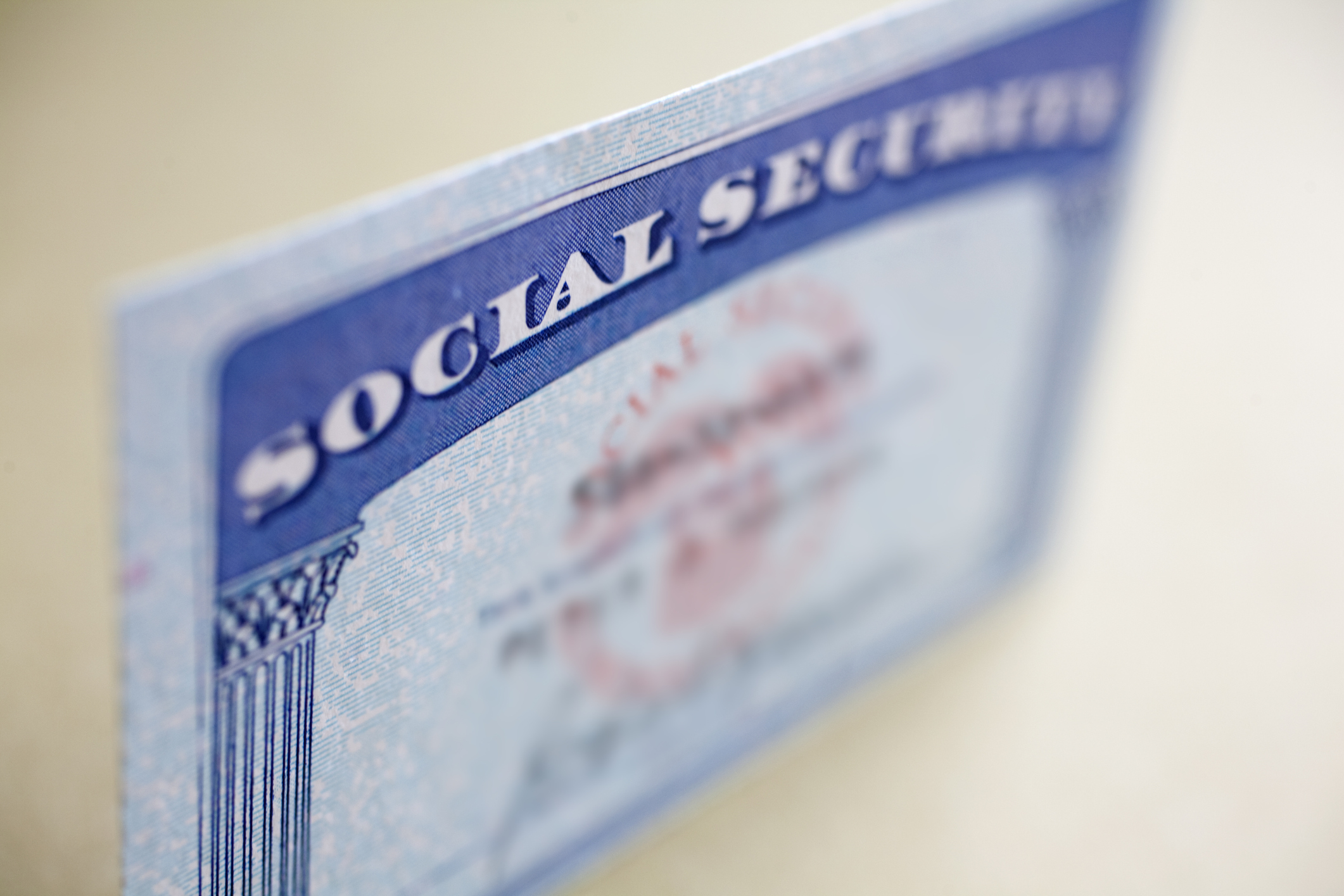In response to the great lockdown necessitated by COVID-19, the federal government passed a $2.2 trillion coronavirus stimulus bill. Called the Coronavirus Aid, Relief, and Economic Security Act, or CARES Act, this unprecedented legislation provides financial support to individuals and businesses.
For seniors, there are a few specific provisions that directly affect their financial situation. If you're retired, here are two key things you need to know about the CARES Act.

Image source: Getty Images.
1. It provides you with a stimulus payment
The CARES Act entitles the majority of people in the U.S. to receive a cash payment sent by mail or deposited into their bank account. This includes most seniors.
Coronavirus stimulus payments of $1,200 per adult and $500 per dependent child will be available to retirees with incomes below $75,000 for single filers and $150,000 for married couples. If your income exceeds these limits, you may still get a payment, but it will be reduced by $5 for each extra $100 above the $75,000 and $150,000 limits.
The IRS will get your income information from your 2018 or 2019 tax return. If you didn't file one but you get Social Security or railroad retirement benefits, the IRS will be able to get your data.
But if you didn't file a return and don't get these benefits, or you just started them in 2020, you need to act to get your money. If you have children under 17 whom you can claim as dependents, you should also let the IRS know about them if you didn't file a 2018 or 2019 return, since your Social Security or railroad retirement benefit statement won't provide this information to the IRS.
If you need to give the IRS your income details or tell it about your dependents, you can use a simple form it has created. Act quickly, since payments have already started going out.
2. It suspends required minimum distributions
The CARES Act also changed the rules regarding required minimum distributions (RMDs) from retirement accounts.
Once you've turned 72 (or 70 1/2 if you hit that age prior to Dec. 31, 2019), you're normally required to make annual withdrawals from your 401(k), IRA, or other tax-advantaged retirement accounts (although not from Roth accounts). If you fail to take an RMD, you're taxed heavily at 50% of the amount you should've withdrawn.
But in 2020, you don't have to take money out if you don't want to. You can decide to leave your investments alone if you sustained losses in the coronavirus market downturn. You won't take a chance on missing out on the recovery as you might have if you had to sell stock at a loss to take RMDs. You can also avoid the taxes normally due when you make withdrawals.
Understand what the stimulus bill means to you
The CARES Act also contains lots of other provisions to help cope with the coronavirus crisis, including a suspension of evictions and foreclosures for many Americans who can't pay their bills as well as help for small businesses.
For most retired seniors living on Social Security and retirement investments, though, the most important provisions relate to the stimulus funds and the suspension of RMDs.
The stimulus checks will mean a little extra money in your pocket, while the suspension of required minimum distributions gives you the chance to make choices about your investment accounts based on your needs rather than on the government's schedule.





